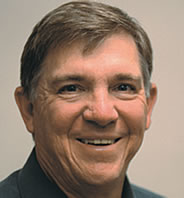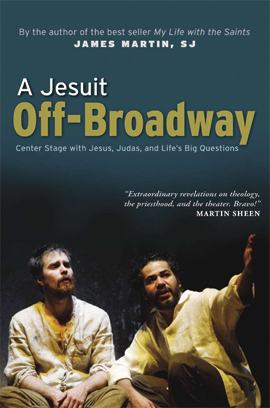
"The Lost Symbol,"
by Dan Brown
Can the writing style of a novelist get boring by just the third book?
I'm sure Doubleday is going to sell enough copies of Dan Brown's latest puzzler to wallpaper every monument and public building in Washington, DC inside and out. However.
Although I really liked "The Da Vinci Code," "Angels & Demons" wasn't that good and didn't hit the charts until Da Vinci made the author famous, and frankly "The Lost Symbol" got to be 500-plus pages to fight through.
By chapter 126 I was struggling to stay awake, and there were seven more chapters and an epilogue to go.
First-time readers of Brown may find the sleuthing of main character Robert Langdon fun to follow, but readers of Brown's first two Langdon novels are likely to see the tramping about Washington in search of clues as formulaic -- way too similar to the tramping about Paris and Rome in those earlier works.
Throw in the usual gruesome deaths and violent tortures, Brown's usual mysterious society -- this time the Masons -- and you've got your typical pulp novel. Of course that doesn't make for a 500-page book, so Brown does readers the real disservice of going way too deeply into explanations about ancient philosophies, symbols, religions, languages, sciences, archeology, plus off-the-chart mind-over-matter silliness, all of which seems like filler in what should be an action-packed story.
Anti-religion once again
Catholics and others who practice a traditional life of faith will notice that Langdon, Brown's protagonist, continues in this latest novel the insidious assault on organized religion and its traditions that he put forward in "The Da Vinci Code" and "Angels & Demons."
Brown does his best to work in subtle jabs at the Catholic Church in particular and other faiths as well, questioning the veracity of truths they teach in some cases, in other times bluntly alluding to what he paints as errors.
An example is a passage half-way through the novel. You need not even know the context to see what I mean:
"Then he discovered the writings of Aleister Crowley -- a visionary mystic from the early 1900s -- whom the church had deemed 'the most evil man who every lived.'"
Really Mr. Brown? Two sources I read credit the British press -- not "the church" -- with calling Crowley "The Wickedest Man in the World." And your brief reference to him as "a visionary mystic" hardly do justice to the depraved person Crowley was.
Interested readers should Google Aleister Crowley to see what kind of person Brown is holding up to his readers as he puts down "the church."
Minus the overbearing scientific explanations and the graduate-school lessons in antiquities, "The Lost Symbol" might almost be a decent page-turner of a story. But then Brown succumbs to the temptation to get preachy.
Much of the reading satisfaction that was to be savored gets sucked right out. -- bz





